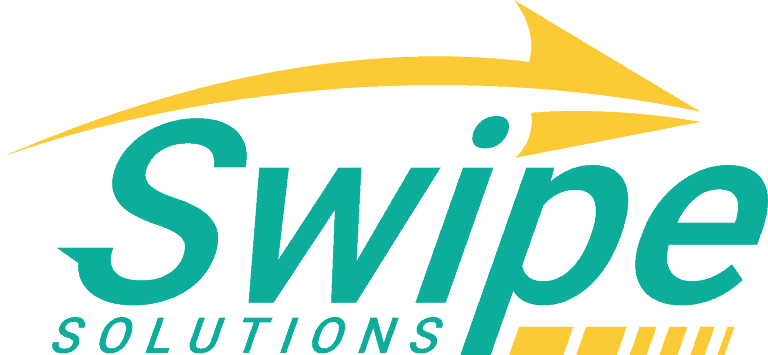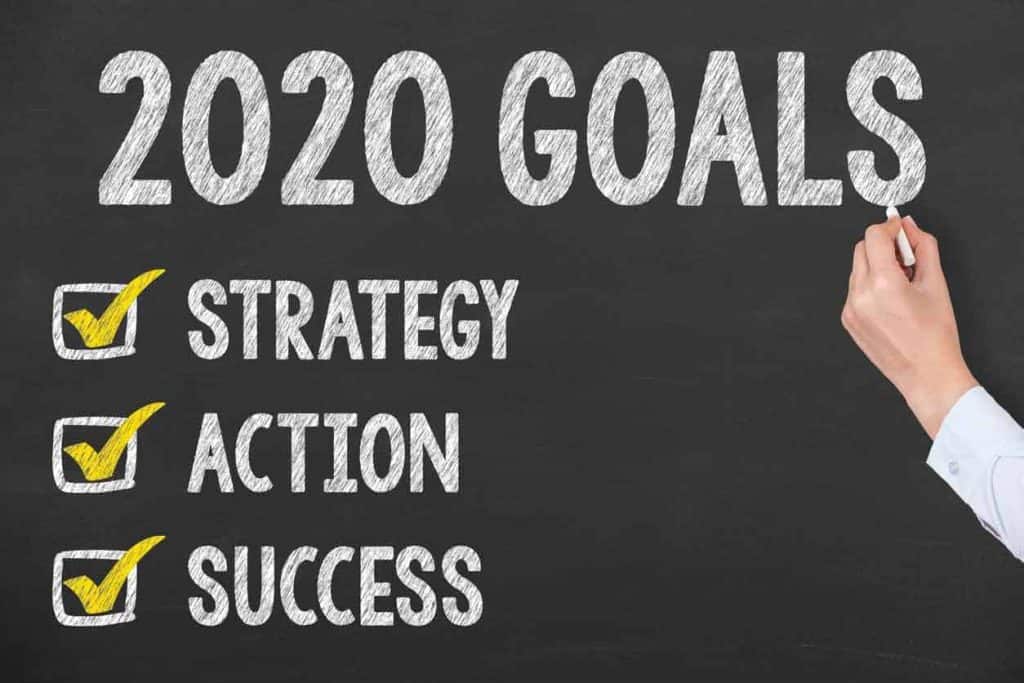New Year’s Resolution
Losing weight is a common New Year’s resolution, but paying off debt and keeping it off is another common category of resolutions that can have huge benefits to your overall wellbeing. Paying off student loans, credit cards, and a wide miscellany of personal debt can be daunting, though. There are, however, some techniques that you can use to stay on track and finally pay off those last few thousand dollars of debt this year. Here are a few tips that you can use to keep your New Year’s resolution to pay off the debt.
Have an Exact Goal

One of the most important parts of making a New Year’s resolution is having a clearly defined goal. You might choose to pay down a certain percentage of the total amount that you owe. Otherwise, you might choose to pay down an exact dollar amount. Whichever you choose, you need to have it clearly defined so that you know when you’ve met your goal.
You’ll need to know exactly what the interest rates are on each of your loans so that you can calculate the amount of interest that you’re paying into each of the loans that you have. You can also work out a month-by-month chart of interest and the amount that you pay off every month.
Gain Small Victories
It’s common for people to feel discouraged when they feel like their working really hard but the number just doesn’t seem to be shrinking. The phenomenon is especially common when you’re trying to pay off a particularly large debt and have to work through a lot of interest in the early months of the debt.
Although it can be frustrating to see that you still owe almost the entire amount on your student loan bill, there’s a psychological trick that you can use to make yourself feel more productive in the early months. You should pay off your smaller debts first so that you have less to manage and feel more effective when you’re first getting started.
For instance, one of the first bills that you can pay off might be the water bill. You might only have about $100.00 on your water bill, so you might even be able to pay it off in the first month.
Figure Out How You’ll Pay It Off
When you’ve realized that you’re in debt, you also need to realize that your spending habits and income are contributing to your debt.
To be able to pay off your debt, you’ll need to keep track of how much you’re spending on a weekly basis, then you’ll need to figure out how much you make per month so that you can figure out how much you can afford to spend and still pay off your debt.
For instance, if you need to put $400.00 per month toward your debt to be able to pay it off in the year, you might decide that you can skip your $5.00 specialty coffee. Simply cutting this one luxury item every single day could save you about $150.00 every month, and you can use this money to cut down on the amount of debt that you owe.
You can also pick up a part-time job or find something to do in the gig economy. Whether it’s cashiering at your local grocery store or filling out surveys online, there are plenty of ways that you can make a little bit of extra money so that you can reach your monthly goals to pay off credit cards.
Debt Consolidation

It’s common for people to have a lot of credit card or student loan debt, but you can streamline your payments and lower your interest rates if you work with your creditors.
If you have federal loans, be careful about how you consolidate debt, though. One of the benefits of federal loans is that you have access to a wide variety of repayment methods. You can get an income-driven repayment plan if you go through a period of time that you’re not making enough to pay the full amount on your current repayment plan. Otherwise, you can also use deferment periods if you’re out of work and can’t afford to make any payments.
Consolidating through a private lender might make sense if you can get a lower interest rate, but you need to understand that private lenders don’t offer the same protections that federal lenders offer, so take a look at your financial situation. Nonetheless, getting a personal loan might be your best option in many situations.
Pay Off High-Interest Credit Cards First
If you have a lot of credit card debt, once you’ve consolidated everything that you can and negotiated for the lowest interest rates possible, you should also try to pay off the debt with the highest interest rates first. While you’ll need to make minimum payments on all of your debts to maintain your credit score, you should focus on paying off high-interest debt first because interest adds up quickly.
Have a Set Budget for Your Current Expenses
You know that you want to trim back on the amount that you owe to banks and credit card companies, but you also need to make sure that you’re not continuing to pile on the debt. To ensure that you’re not piling on new debt as quickly as you’re paying off the old debt, keep yourself to a budget.
To do this, you should list all of your monthly expenses that can’t be adjusted. For instance, if you rent your home, your rent is the same every month, and you can’t lower the amount that you pay unless you can somehow get your landlord to lower it, which is uncommon. Another expense that is difficult to change is car payments. Then, look at all of the expenses that you can cut back on or negotiate. Finally, add in the amount of money that you’ll pay toward your debt every month. While you might have some categories that you’ll need to play with to get right, such as your grocery bills, most of your categories should be set fairly easily.
Track Expenses Closely With the Envelope Method
The envelope method is a tried-and-true trick to ensuring that you’re not overspending on miscellaneous items at the grocery store, gas station, or any other place that you might visit with regularity.
It’s challenging to keep yourself accountable when you’re spending money on a wide variety of items. Once you have your categories set, you’ll need to figure out how you’re going to keep yourself accountable so that you’re paying off your bills rather than incurring new debt because you spend too much money on food, entertainment, and miscellaneous items at retail outlets.
One trick that many people use and find helpful is the envelope method. With this technique, all you’ll need to do is put a set amount of cash in each of your envelopes to ensure that you only spend the amount that you’ve allotted for a particular category. Once the money in the envelope is gone for the month, you can’t fill it back up until you hit the next month.
Hold Yourself Accountable
Once you’ve created your goals and figured out how you’re going to reach them, you need to hold yourself accountable.
Even the best-laid plans are worthless if you don’t follow through with them, and it’s easy to forget about them if you don’t have a system for holding yourself to your goals. There are a few ways to track your progress to your goals and make sure that there are consequences if you don’t reach them.
One way is to tell a friend or family member that you can trust to hold you accountable in a way that you’ll respond well to. For instance, if you don’t pay the full amount that you agreed to on a certain bill, your accountability partner has the right to have you do a favor for them.
Another way to hold yourself accountable is to use a tracking system, such as an app or even a simple board that’s highly visible where you tick off each time that you meet one of your goals. If you don’t meet a goal, that might mean that you can’t buy a certain item that you’ve wanted for a long time. You might also choose to do a chore that you dislike.
Reward Yourself
If you’ve done a good job and managed to hit all of your goals, it’s time to take a well-deserved treat. Now isn’t the time to undo everything that you’ve worked for, but if you’ve gone six months or more without missing any of your goals, this is the perfect time to realign your rewards system in your head with something that’s actually attainable.
Another time that you should reward yourself is when you’ve hit mini-milestones, but the type of reward that you’ll give yourself at these times is different than the type that you give yourself for bigger occasions. You might choose to give yourself a treat by taking the time to go for a walk at a park that you’ve never been to before or going out for an ice cream cone.
When you’ve hit a few goals, it’s the perfect time to celebrate, but it’s also a great idea to reset your idea of what celebration might mean. If you’ve been racking up credit card debt because you celebrate in big ways for small achievements, such as getting through a tough work week, then it makes absolute sense to change your habits if you can’t afford to go to the spa or buy a new pair of shoes a couple of times a month. Instead, learn how to appreciate less expensive or free treats.
There are plenty of ways that you can get into debt, but there are also many ways that you can dig yourself out of debt into a lifestyle that’s likely to make you happier in the long run. Budgets, goal setting, debt consolidation, and rewards for meeting goals are all some tips that you can use to pay off credit cards and other types of loans much more quickly than if you didn’t have a plan.
Have you ever used any of these techniques to pay off bills? Which ones have worked for you? Tell us more about it in the comments section.



